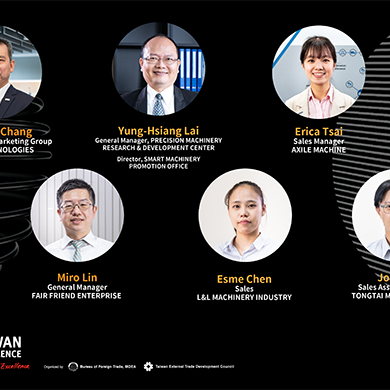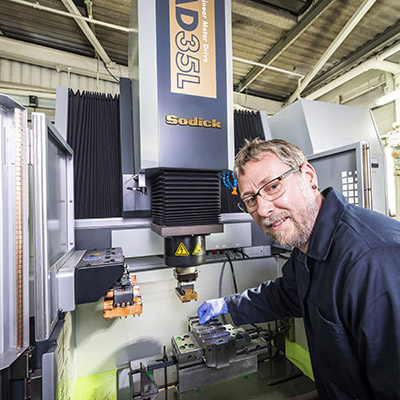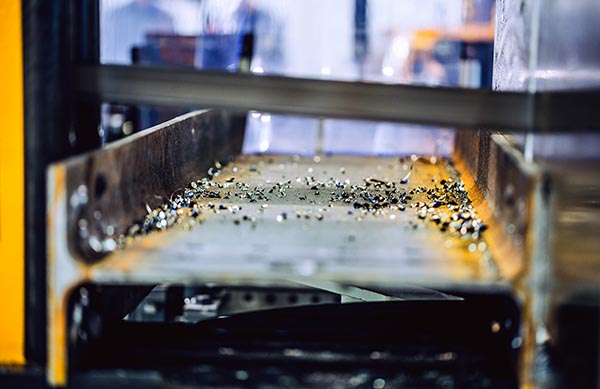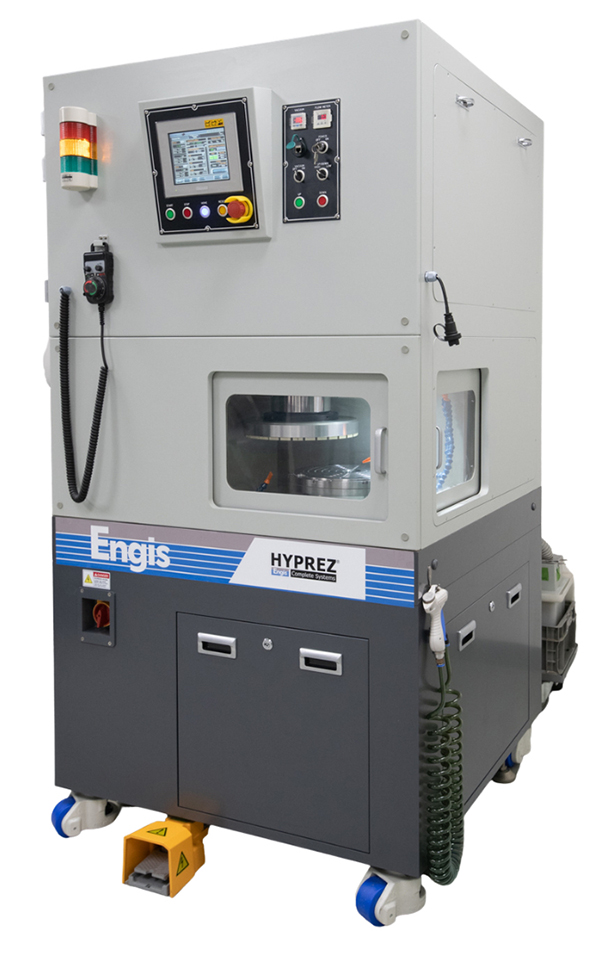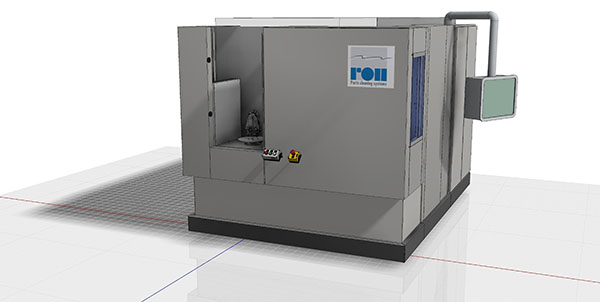
In response to emerging global trends, Taiwan Excellence, supported by Taiwan’s Bureau of Foreign Trade, invited five Taiwan Excellence Award winning machine tool manufacturers to demonstrate their intelligent solutions in a webinar held alongside the recent EMO Milano 2021 exhibition. Within the main section of the webinar, Taiwan Excellence Award winning enterprises introduced their latest smart solutions and technologies.
The companies participating in the webinar included Tongtai Machine & Tool, Fair Friend Enterprise (FFG), Buffalo Machinery (AXILE), L&L Machinery and HIWIN Technologies. Titled ‘Beyond Smart’, the webinar welcomed 48 media outlets and 171 buyers from around the world. This year, a total of 47 Taiwanese manufacturers participated in the physical EMO Milano exhibition, including HIWIN, AXILE and FFG.
Watch the webinar at https://youtu.be/bdGYg2rhROs?t=56






